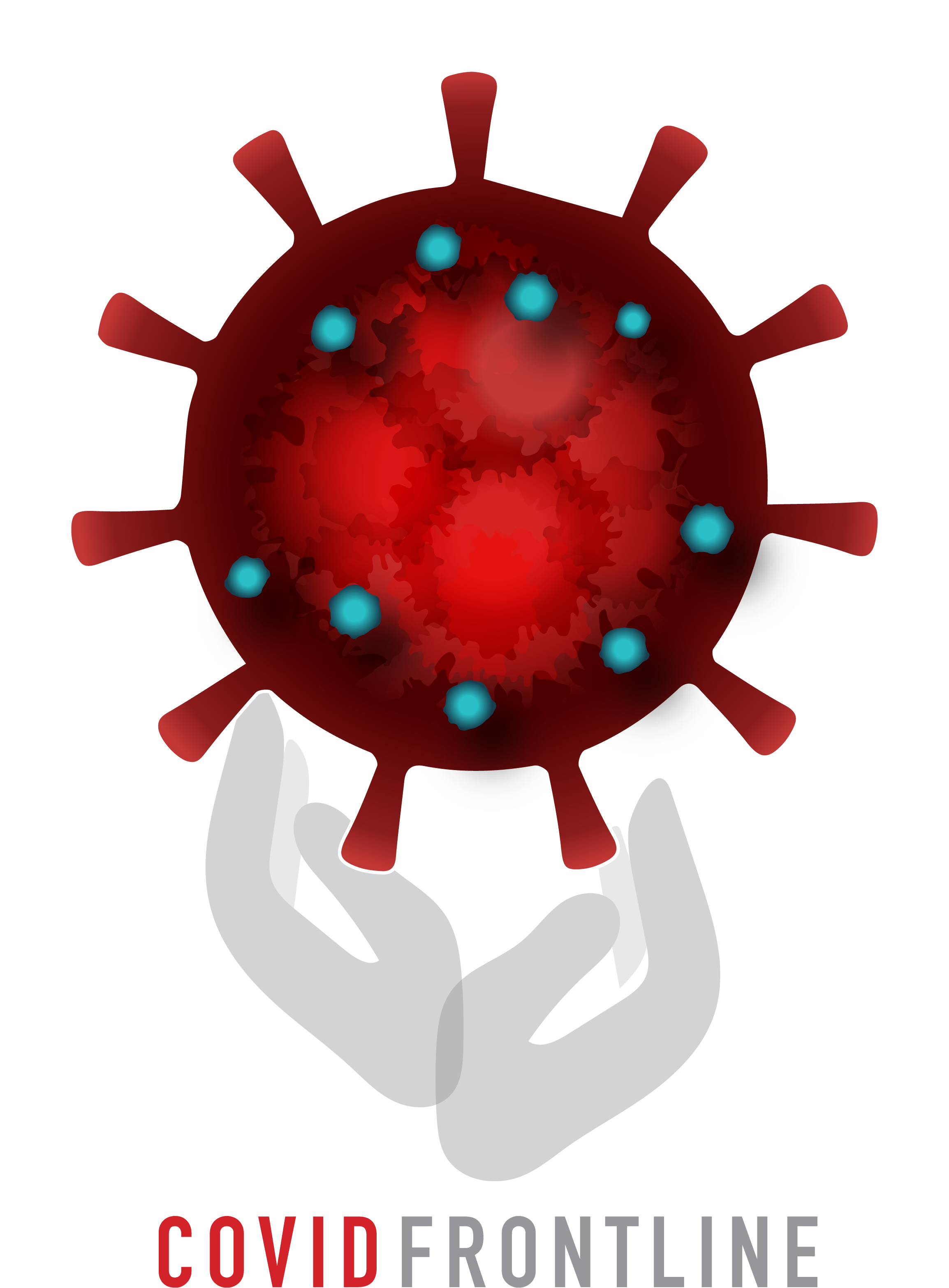They established a classification scheme to describe new strains of the virus as variants of interest, concern, or of high consequence. Three variants of interest, two that were first identified in New York (B.1.526, B.1.525) and one first identified in Brazil (P.2), share a common mutation at D614G and may spread more quickly than viruses without this mutation.1
The CDC is closely monitoring several variants of concern that were first identified in the United Kingdom (B.1.1.7), South Africa (B.1.351), Brazil (P.1), and two variants first identified in California (B.1.427, B.142). These variants may have an impact on diagnostic testing and the efficacy of treatments or vaccines and are associated with increased transmissibility and disease severity compared with earlier coronavirus variants. Currently, no variants of high consequence have been identified.1
*Since the time of this writing, distribution of bamlanivimab as monotherapy has been halted in all U.S. states.
References
- Centers for Disease Control and Prevention (CDC). SARS-CoV-2 variant classifications and definitions. (www.cdc.gov/coronavirus/2019-ncov/cases-updates/variant-surveillance/variant-info.html#Concern) Accessed 3/23/2021.
- Bamlanivimab Emergency Use Authorization fact sheet, revised 3/2021. (www.fda.gov/media/143603/download) Accessed 3/24/2021.
- Chen P, Nirula A, Heller B, et al. SARS-CoV-2 neutralizing antibody LY=CoV555 in outpatients with Covid-19. N Engl J Med. 2021;384:229-237.
- Bamlanivimab and etesevimab Emergency Use Authorization fact sheet, revised 3/2021. (www.fda.gov/media/145802/download) Accessed 3/34/2021
- Gottlieb RL, Nirula A, Chen P, et al. Effect of bamlanivimab as monotherapy or in combination with etesevimab on viral load in patients with mild to moderate COVID-19: a randomized clinical trial. JAMA. 2021;325:632-644.
- Casirivimab and imdevimab Emergency Use Authorization fact sheet, revised 3/2021. (www.regeneron.com/sites/default/files/treatment-covid19-eua-fact-sheet-for-hcp.pdf) Accessed 3/24/2021.
- Weinreich DM, Sivapalasingam S, Norton T, et al. REGN-COV2, a neutralizing antibody cocktail, in outpatients with Covid-19. N Engl J Med. 2021;384:238-251.
- BioSpace. HHS halts bamlanivimab distribution in three states as COVID-19 variants spread. (www.biospace.com/article/hhs-suspends-use-of-monoclonal-antibody-cocktail-in-three-states-due-to-rise-of-california-covid-19-variant/?keywords=bamlanivimab) Accessed 3/23/2021.

